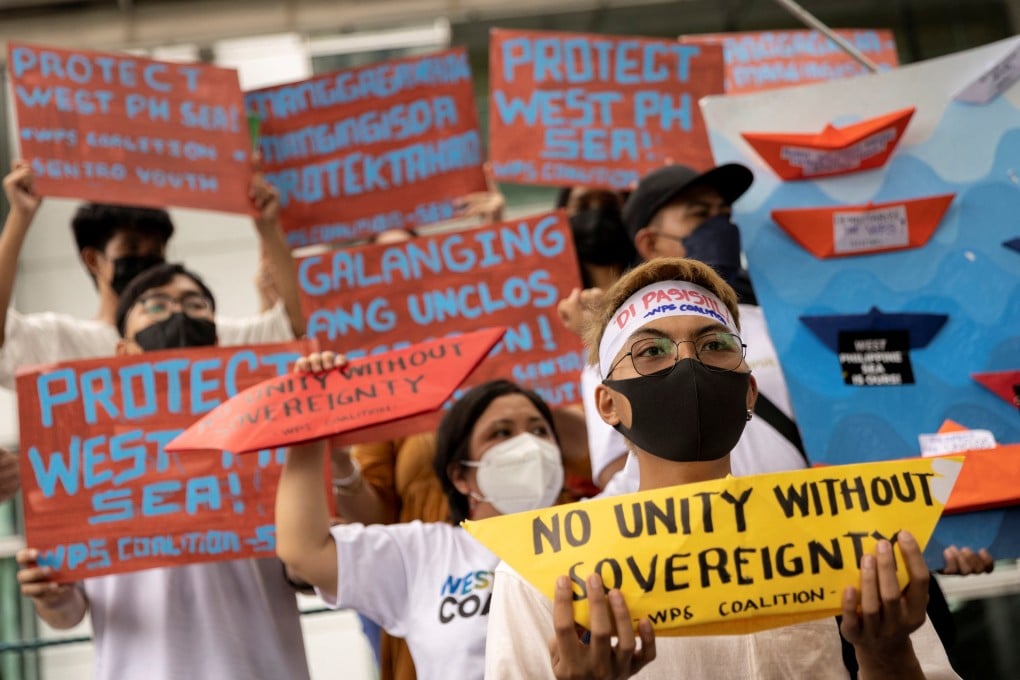Advertisement
Opinion | South China Sea: between US-China tensions and Asean disputes, a code of conduct remains out of reach
- For code negotiations to succeed, the US must refrain from interfering behind the scenes, while Asean members must commit to resisting China’s influence. However, this all looks unlikely
Reading Time:3 minutes
Why you can trust SCMP
6

A senior US State Department official recently warned that the United States will oppose any effort to exclude it from the South China Sea through provisions in a code of conduct being negotiated. This is just the tip of the iceberg of the US-China struggle over the code and, more fundamentally, regional dominance.
Asean and China have been negotiating a code of conduct since the idea was first endorsed in 1996 by the Association of Southeast Asian Nations. It seems to have become a holy grail – sought after but never obtained. Indeed, an early October meeting of the parties’ working group seems to have made little progress.
So, what are the sticking points and where are these negotiations likely to lead?
Advertisement
There is already a regional order in the South China Sea. It is based on the UN Charter, the Convention on the Law of the Sea (UNCLOS), the Treaty of Amity and Cooperation in Southeast Asia, the Declaration on the Conduct of the Parties in the South China Sea, and various other treaties and practices, bilateral boundary agreements, and others. The problem is that these are more honoured in the breach than the observance.
The hope is that a robust and binding code of conduct will reinforce the fundamentals and mitigate, even prevent, the breaches. But negotiations have been stymied by a tangled nesting of security dilemmas.
Advertisement
The overarching conundrum is the US-China struggle for regional dominance. It has influenced negotiations for a code of conduct and split Asean. The US and its supporters want a robust, binding and enforceable treaty, with compulsory arbitration mechanisms and language to deny China’s historic “nine-dash line” claim.
Advertisement
Select Voice
Select Speed
1.00x
